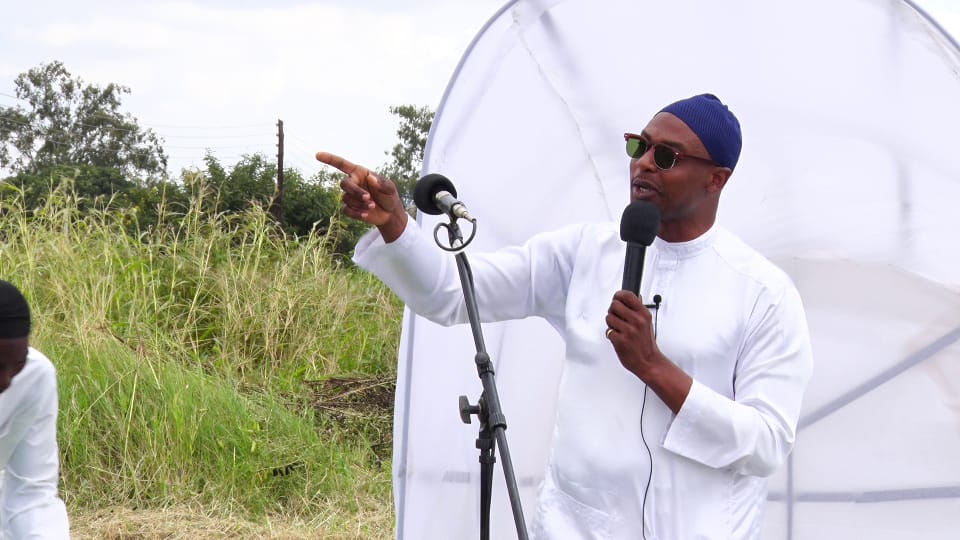
Mam Says No To Death Penalty Abolition

Muslim Association of Malawi (MAM) says it does not hold the view that death penalty should be abolished unlike what other stakeholders in the country are recommending.
Regional secretary for the Association in the South, Sheriff Kaisi, said abolishing death penalty will make the country a breed for murders as criminals will not be afraid of committing murder.
“It seems people in this country do not understand death penalty. Let us refer to those countries that abolish this
provision and you will find there are a lot of murder cases in those countries.
We feel this provision should be a deterrent to those who want to indulge in murder,” he said.
Kaisi added that during the Kamuzu Banda era when the death penalty provision was applied, murder cases were rare because people were afraid to commit murder.
Kaisi further indicated that stakeholders need also to refer to the Qur’an and the Bible for guidance in course of
application of the law.
“This is God ordained. But because of human rights provision, we defend those who commit murder in the name of the right to life parrying away the fact that those murdered had also been deprived of the same right to live.
It is, perhaps, in view of this that from an Islamic perspective, the law need not to be repealed”, he said.
The Legal Committee of Parliament is conducting meetings in all regions of the country to hear stakeholders’ views on the death penalty law for Members of Parliament to come up with an informed opinion on the matter. In Blantyre, the committee had its last consultation meeting on 27th May 2022. Speaking at the meeting Vice Chairperson for the Committee, MacDowel Mkandawire, said since the public hearings were rolled out in all the three regions of the country, stakeholders have indicated that they were geared to have the death penalty abolished or repealed.
Mkandawire added that most stakeholders feel that Parliament can change some sections of the country’s constitution without necessarily calling for the national referendum as recommended by other stakeholders such as the law society.
“If resources permit, we will go down into the constituencies to engage the rural masses seeking views from the
chiefs and religious leaders among others,” he said.
According to Mkandawire, the national consultation meetings were aimed at soliciting views on the issues of the
death penalty, and thereafter, a report will be submitted to the Ministry of Justice for review.
“It is untrue that the abolition of the death penalty would lead to an increase in the crime rates in the country.
Research has even shown us that in other countries that had abolished the death penalty, murder rates had remained unaltered or had even declined,” he said.
But in a separate interview, Senior Chief Lukwa of Kasungu concurred with the Muslim Association of Malawi,
saying government is about to do a grave mistake if the death penalty is to be abolished, saying the decision will
lead to a high rate of crimes in villages, towns, and cities of this country.
Lukwa observes that many people will have no conscious to indulge in criminal activities that warrant capital
punishment.
On 28 April 2021, the Supreme Court of Appeal found that the death penalty contradicts the Constitution of the
country as it violates the right to life.
































